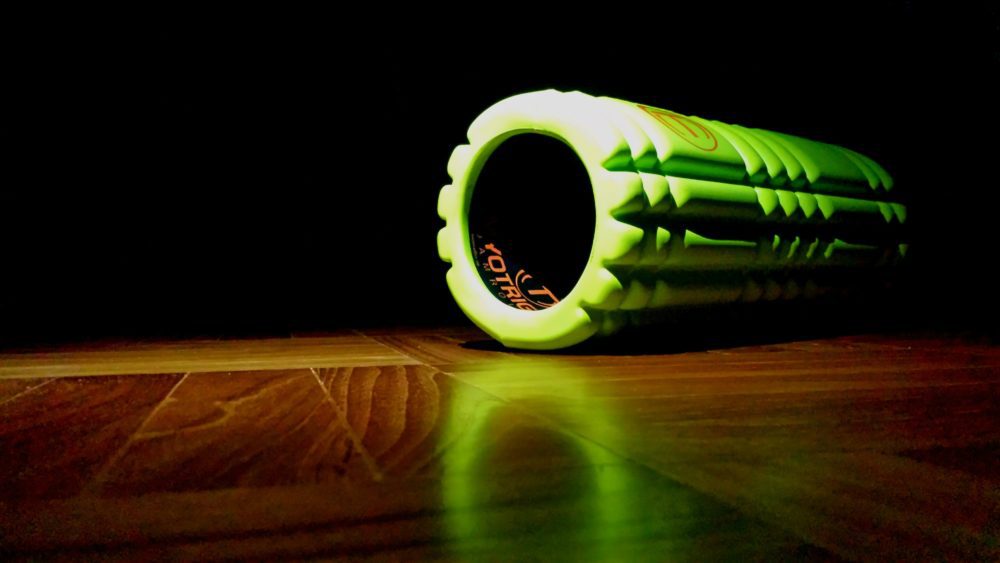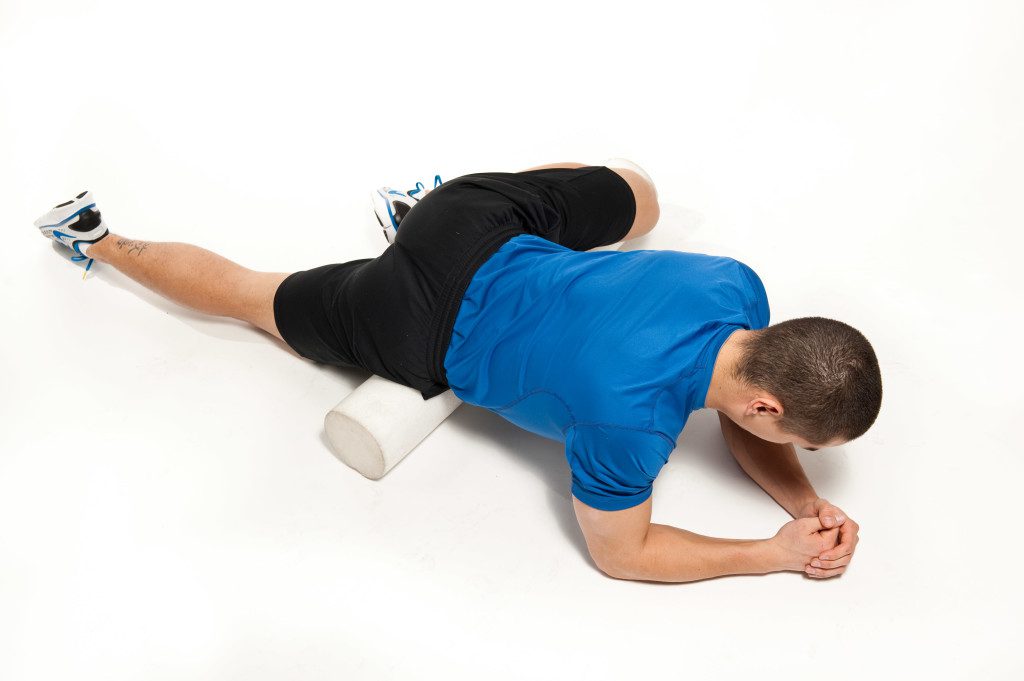Foam rolling: what’s the verdict?
Does foam rolling actually work? It depends on what you mean by 'work'

It seems like every day the consensus shifts on foam rolling for runners. Some runners swear by it and do it religiously, and some can hardly be bothered, skeptical whether it confers any benefit. According to Trail Running Magazine out of the UK, a recent literature review in Frontiers in Physiology came to somewhat mixed conclusions.

RELATED: 5 pre-run exercises to make your run so much better
The issue seems to be, what do you want foam rolling to accomplish? If you’re looking for it to help diminish your post-exercise pain and soreness and improve flexibility, there’s some evidence it can help with that. (And obviously, if you think it’s working, then it works. The placebo effect is real, people.) If the expectation is that foam rolling somehow directly increases your athletic performance, that evidence is lacking, but it could indirectly improve your performance in a subsequent workout if it reduces your post-workout fatigue and soreness the day before. (Or that could be a recipe for over-training.)
New review casts doubt on foam rollers, but some data suggests benefits for recovery and flexibility. https://t.co/tn0KWKgdk1
— Trail Running Mag (@TrailRunningMag) April 23, 2019
The review found that foam or stick rolling before a workout led to a four per cent increase in flexibility, which should decrease the likelihood of injury. Rolling after a workout also diminished pain perception by around six per cent. One study found that most participants who foam-rolled before a workout experienced greater flexibility and most participants who rolled after a workout had less soreness–all good.

If it works, how does it work? One theory is that it breaks up adhesions in the fascia (the thin strands of connective tissue enveloping muscles). It may also improve blood flow to the muscles, literally warming them up in preparation for a vigorous workout.
The main issue with most studies on foam rolling is their small sample sizes, i.e. they have too few participants to provide definitive results.
Foam
rolling
is
useless
bullshit.— Mark Remy (@realdumbrunner) March 1, 2019
The bottom line seems to be that if you like doing it, then keep doing it, since it may help you avoid injury and/or recover better, at least to some degree. But the benefits are clearly not huge, so if you hate doing it (or rarely remember), it probably isn’t hurting you.


